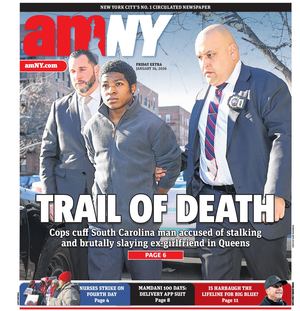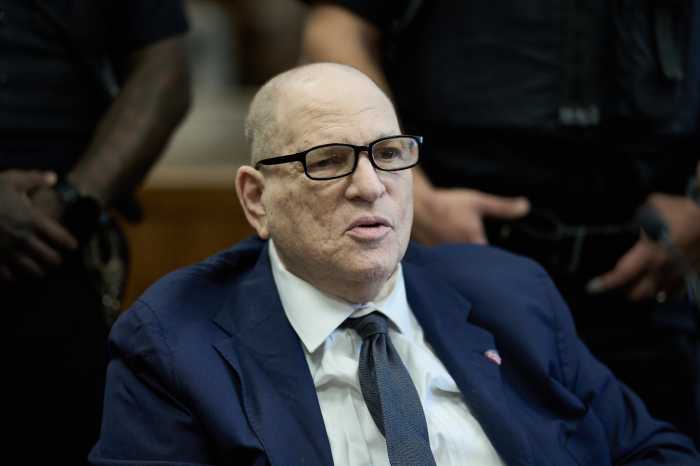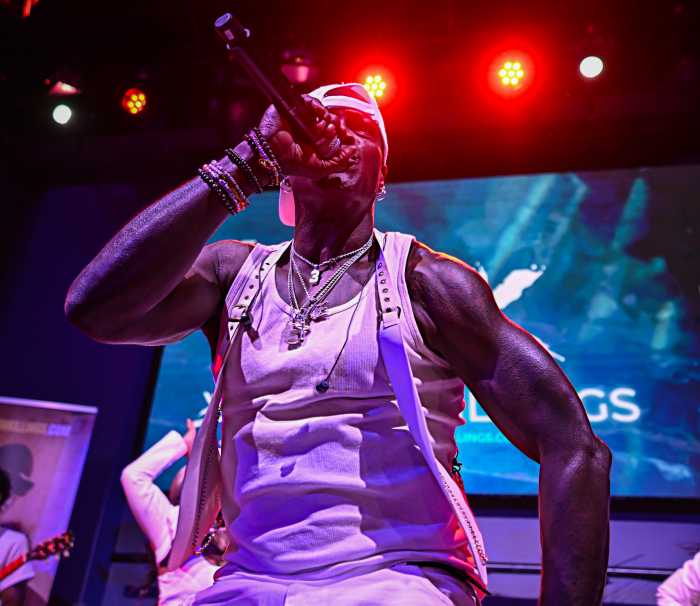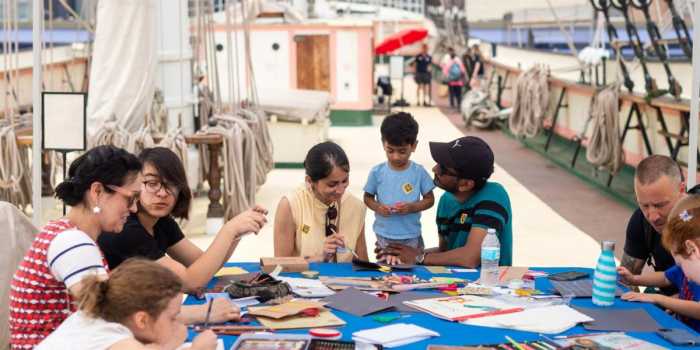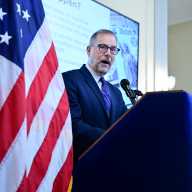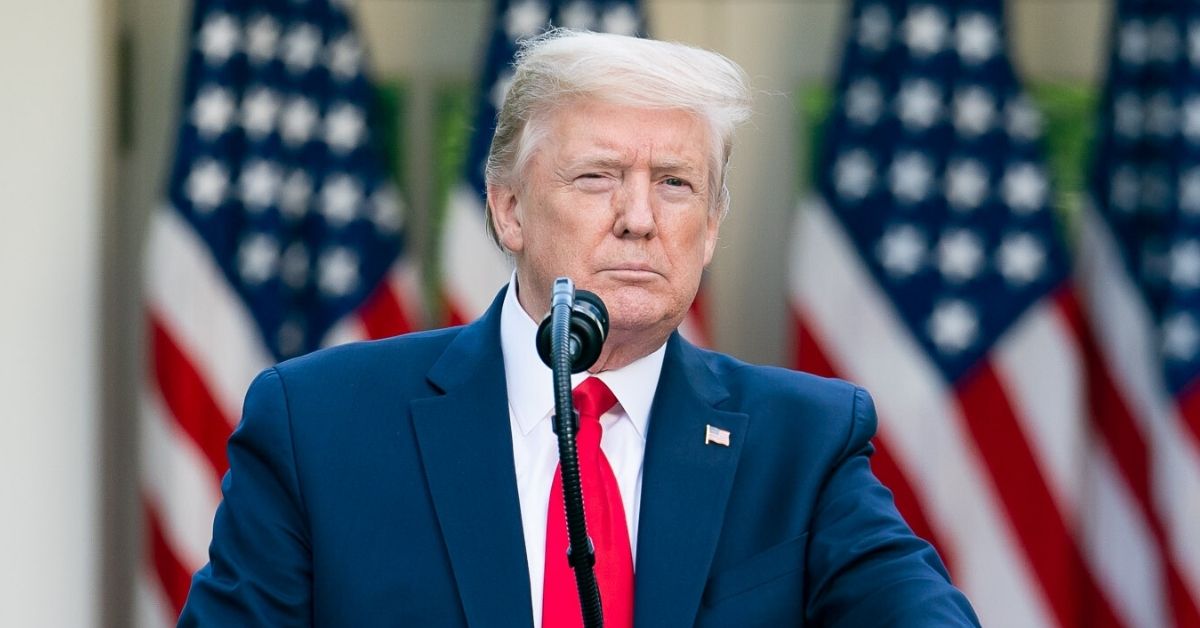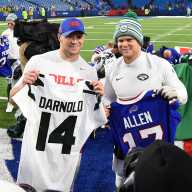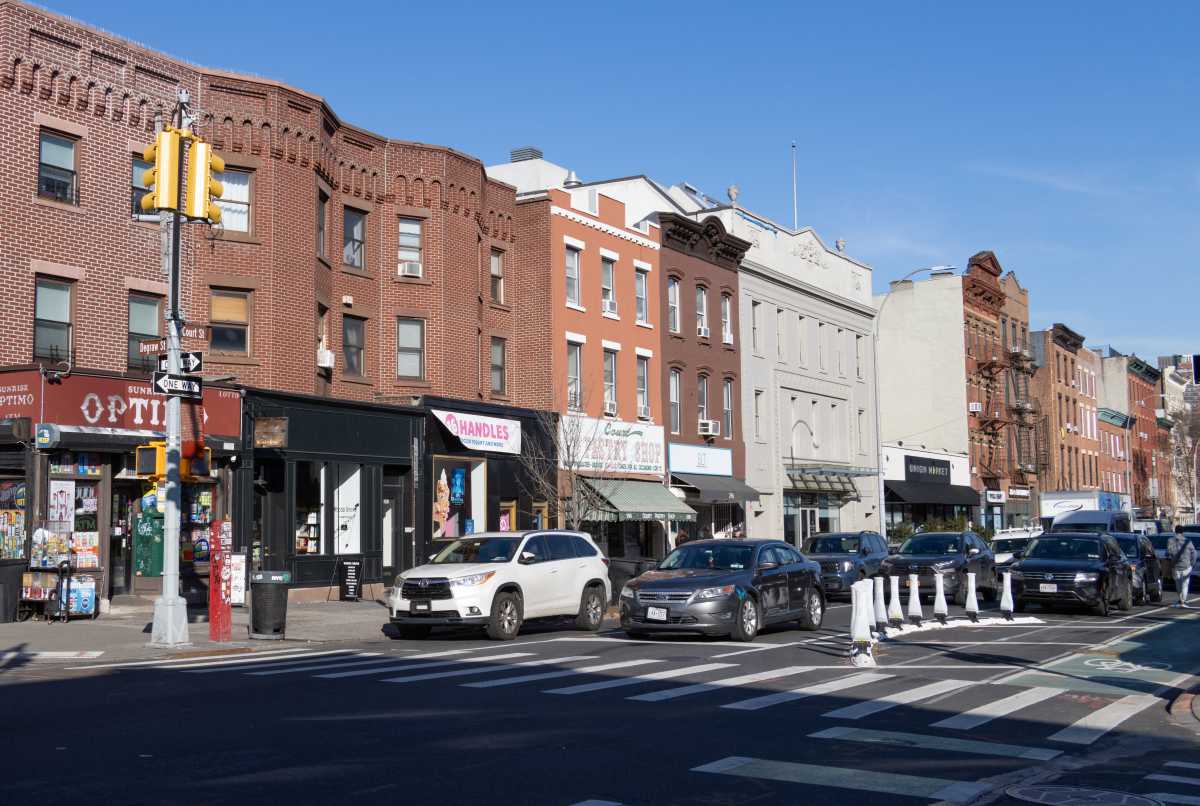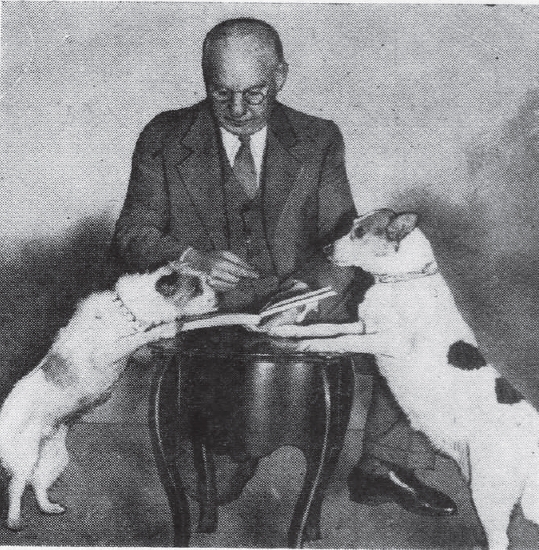Mondo Guerra has come a long way from his HIV diagnosis.
Not even his family had known about his status for 10 years, until he shared with the world on season 8 of the reality TV show “Project Runway” that he was HIV positive.
Today, the Brooklyn-based fashion designer is a spokesman for I Design, a campaign from the pharmaceutical company Merck that encourages people living with HIV to have open conversations about the disease and treatment with their doctors.
Guerra, who is gay, will also be participating in this Sunday’s Pride March in New York City, serving on a panel of guest judges chosen for their commitment to the LGBT community to award such prizes as Best Float and Best Dance Performance.
amNewYork spoke with Guerra about his advocacy.
Why did you decide to talk about your HIV status on “Project Runway”?
There is truth and there is honesty behind my work, I have always been very proud of that. It was just a moment to let go. After I let go, I was very happy. In a lot of ways, I got my life back. I hadn’t talked about it for 10 years up until that point.
Did you ever picture yourself being an advocate for HIV awareness?
When I first was diagnosed, I was so ashamed and so scared. It’s been such an amazing journey for me in the past 15 years. … I have changed, I think that is an emotional change. I’m a lot more accepting of things, especially with myself. At 38, the work never ends.
What are you hoping to tell people through the I Design campaign?
I think in anything that you do, it’s really important to hold honesty and hold truth and apply that to your everyday. It’s really scary to be honest sometimes, but I can tell you, it could change your life. … I think it’s really important to be able to educate yourself, and pass it along. I think that’s one of the easiest things you can do — sharing that information and having a conversation.
What is your treatment like?
It was very, very rough in the beginning, up to the point where I wasn’t taking responsibility, I was not having these conversations with anyone, not even a doctor. That ended me in the hospital, dying from pneumonia. It was very scary, definitely my rock bottom. I jumped back on the horse, started taking my treatment, got better. From there it’s been a 180. I’m able to share my story, but the most wonderful thing about it is hearing other people’s stories and knowing how HIV has affected them. I think it’s really important to share those stories, because those stories have so much power, and that power will definitely see an end to this disease.
Do you think the conversation around HIV has improved since you were first diagnosed?
I can tell you, yes, it has improved. I’ve allowed people to support me. When I was living in silence, I was pushing everyone away. My family, because they have put a face to the disease, they are able to talk to me about how I’m doing. It’s really exciting for me to know that my family, especially my mom, have become advocates as well. It’s very important for them. There isn’t a cure for it, so it’s really important to have this conversation.
HIV testing
More than 1.2 million people in the United States are living with HIV, the virus that causes AIDS — and almost 1 in 8 do not know they have it, according to the Centers for Disease Control and Prevention.
To promote awareness, June 27 is recognized as National HIV Testing Day.
HIV testing can be performed by a healthcare provider, medical clinics, substance abuse treatment programs, hospitals, some pharmacies and more, oftentimes for free. There are also FDA-approved HIV home tests available that allow you to test yourself for results within 20 minutes (OraQuick HIV Test, $39.99) or send a blood sample to a lab for results within seven days (Home Access HIV-1 Test System, $44-$59.95).
To find free testing near you, visit gettested.cdc.gov.
